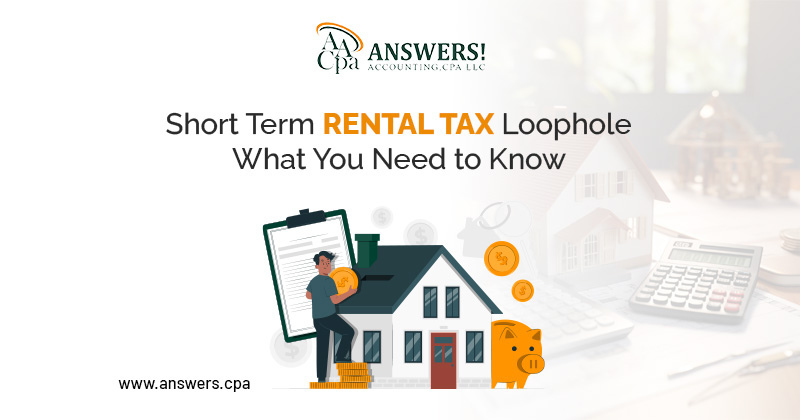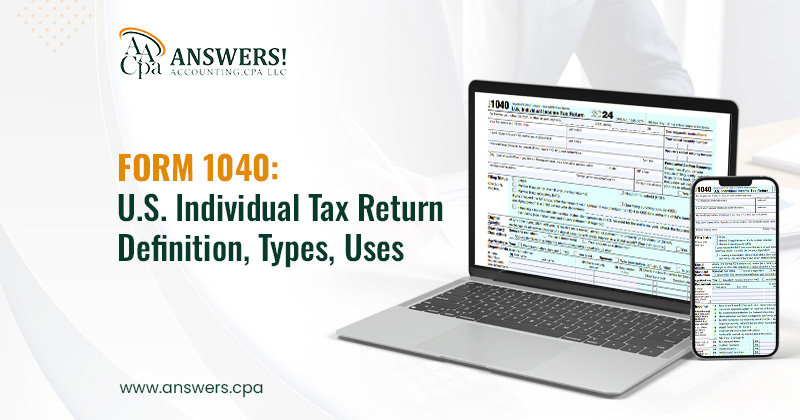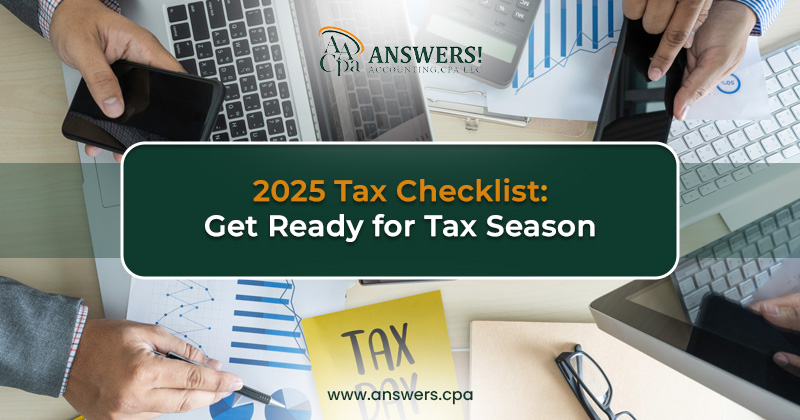Short-term Rental Taxes: What You Should Know
Extra income can be generated from short-term rentals. Through Airbnb, VRBO, and similar platforms, it has become easier for property owners to rent their homes or apartments for a few days or weeks. By doing so, you can save lots of money on taxes. If your house is rented out as a short-term rental, there are possibilities that this will help in reducing your tax obligations. The tax benefits from these are available to some extent depending on the criteria laid down, allowing people with property to lessen their tax burden.
What Is the Short-Term Rental Tax Loophole?
By avoiding taxes, owners of property who rent it out for short periods can exploit a loophole in short-term rental taxation. Rental income is usually seen as passive income. You can only deduct expenses against it if they are also from passive sources. This could restrict your tax breaks sometimes.
However, with short-term rentals, this does not apply. If you rent your house for under seven days and meet certain conditions, your rental income may not be passive. This means that you can deduct losses arising from a rental business against the wages or profits you earn from your job or company. In essence, it refers to the fact that it cannot only help reduce current taxes owed on total revenue but future ones as well.
What Are the Main Benefits of the Short-Term Rental Tax Loophole?
The main benefit of the short-term rental tax loophole is that it allows you to deduct expenses related to your rental property against your ordinary income. This can result in huge tax savings. Here’s a breakdown of the key benefits:
- Offset Active Income: Usually, misfortunes of leasehold business premises can only balance other passive income, e.g., cash turnover from different leasehold positions. But, in the short term, irregularities may offset any active inflow from wages or investment income. Your property letting problems may cause this.
- Property Expenses Deductions: You can write off various costs. These include repairs, utility bills, real estate taxes, and mortgage interest. In essence, this can lead to a reduction in the tax burden imposed on you.
- Depreciation: You can reduce taxes on your rental property and its contents (furniture, appliances, etc.) each year by accumulating depreciation.
- Cost Segregation: This is a tax scheme. It lets you boost your depreciation deductions. It does this by identifying and treating lost specific parts of your asset over a shorter time.
These tax benefits can help short-term rental owners keep more of their earnings, but the eligibility rules are specific, and it’s important to know how they work.
Who Can Benefit From This Short-Term Rentals Loophole?
While this tax loophole sounds appealing, not everyone can take advantage of it. To benefit from the short-term rental tax loophole, you need to meet certain criteria. Here’s who can benefit:
- Short-Term Rental Owners: This rule applies to those who rent their property for seven days or less. It includes vacation homeowners, Airbnb hosts, and other short-term rental property owners.
- High-Earning Professionals: If your active income is high due to rental losses, this loophole can help reduce your fees.
- Real Estate Investors: Owning short-term rentals can help investors. They can gain an edge if they meet the rules on participation and avoid the passive income rules.
- Second Homeowners: If your second home is a vacation house, you may qualify. Just follow the rules on how often you can rent it vs. using it yourself.
Read Blog- Small Business Tax Planning Strategies
How Does the 14-Day Rule Work?
The 14-day rule is one of the most important pieces of the short-term rental tax puzzle. It determines whether you need to report your rental income to the IRS and whether you can deduct rental expenses. Here’s how it works:
- Renting Out for 14 Days or Less: No IRS declaration of any rental income for 14 days or less. Thus, short-term rental earnings are tax-exempt.
- Renting Out for More Than 14 Days: A necessity to declare your annual rent if it exceeds fourteen days. However, deductions will be based on certain expenses such as depreciation, property taxes, and maintenance that could help decrease the taxable amount.
-
Personal Use vs. Rental Days: If you occupy the house for over 14 days or more than 10% of the rental days, the IRS may see it as your home. This would limit your tax deductions.
The 14-day rule provides a huge tax advantage for property owners who only rent out their property occasionally. You could make a tax-free income if you rent for a few weeks a year. But if you rent for longer periods, make sure you follow the rules to maximize your tax savings.
Understanding Material Participation
To use the short-term rental tax loophole, you must meet the IRS's material participation rules. This indicates that you must be involved in actively managing your property at all times. If you don't meet these criteria, your rental payments may be passive. This could limit your ability to claim tax benefits.
There are several tests set by the IRS to define if one materially participates in managing their rentals:
- The 500-Hour Test: You pass the material participation test if you spend 500 or more hours in a year on short-term rental activities.
- The 100-Hour Test: You're spending at least 100 hours on your leasing activities with no one else putting more than this renders you qualified too.
- More Than Anyone Else Test: In property management, if your engagements exceed those of any other person or firm, you qualify.
It is necessary to support the documentation of your participation. This involves tracking time spent on tasks. These include advertising the rentals, interacting with visitors, and arranging repairs or cleaning. It also includes maintaining the booking calendar.
Record-Keeping Requirements
If you want to take advantage of the short-term rental tax loophole, proper record-keeping is important. To prove your eligibility, the IRS requires clear and detailed documentation. Here’s what you should keep track of:
-
Rental Days vs. Personal Use Days: Keep a detailed log of how many days were rented to tenants and how many days were occupied privately by you. This is especially important for the 14-day rule.
- Material Participation Hours: Keep track of all the hours spent on managing your property. You may use a simple sheet or any spreadsheet program in which you will count during communication with guests, doing maintenance tasks around the house, and also marketing its services.
- Receipts and Invoices: Always save all receipts or invoices for expenses related to your lettings. This includes repairs, cleaning, utility bills, and property management fees.
- Income and Expenses: Make sure to record all revenue earned from your house and expenses you may want to deduct from taxes accurately.
If, someday, the IRS audits our rental houses, we will be ready. We have kept accurate, detailed records. Additionally, it facilitates tax return filing at year-end.
Read This- Colorado Tax Extension Explained
Common Pitfalls
The short-term rental tax loophole comes with massive savings on taxes. But there are mistakes homeowners commonly make which they need to avoid:
- Not monitoring personal use: If you don't track your personal use of the rental, you may exceed the 14-day limit. Consequently, your property will be classified as a second home and affect the deductions you take.
- Failure to meet material participation requirement: If you don't meet the IRS's material participation test, your rental income will be passive. You cannot offset it against active income using rental losses.
- Failure to maintain proper records: If you lack proof of your tax loophole qualification, the IRS may later question it and impose penalties.
To avoid these pitfalls, one must know the tax rules on short-term rentals. Attention to detail is also required.
Maximizing Tax Benefits with Cost Segregation
a) What Is Cost Segregation?
Cost segregation is a strategy that helps to save taxes by allowing property owners to increase the speed of depreciation of their rental property. For residential properties, normally they are depreciated over the time frame of 27.5 years. However, with cost segregation, it is possible to decompose your property into its different components like furniture, floors, or landscape patches. These individual things can then be depreciated for much shorter periods (5, 7, or 15 years).
b) How It Works with Short-Term Rentals
Cost segregation proves particularly effective when dealing with short-term rentals. Such renting is for short periods only. You can benefit from a faster depreciation rate of the property's inner assets for tax reduction. This implies that many first-year expenses can be written off, giving more money in terms of tax deductions.
c) Potential Savings
Cost segregation may yield significant savings. Accelerating depreciation reduces taxable income. It could save tens of thousands in taxes during the early years of ownership. This is also a way to retain more income from rents from owners who rent out their houses for brief periods.
Is the Short-Term Rental Tax Loophole Right for You?
For property owners who fulfill the set criteria, the short-term rental tax loophole presents substantial tax rewards. So, if you own a holiday home, Airbnb, or any short-term rental, this loophole lets you offset rental losses against active income. It can save you a lot on taxes.
To maximize your tax savings from your short-term rental, do three things. Keep meticulous records. Meet the material participation requirements. Apply cost segregation.
Consult with a tax professional who specializes in rental properties if you’re unsure whether you meet eligibility for the short-term rental loophole or want to get more out of it. At Answers Accounting CPA, we help property owners like you. We maximize your tax savings while ensuring IRS compliance. Our team can:
- Guide you through material participation tracking and ensure compliance with eligibility requirements.
- Recommend cost segregation studies for faster depreciation. They save on taxes.
- Provide personalized plans to employ the 14-day rule and steer clear of frequent errors.
With Answers Accounting CPA, you can avoid costly tax mistakes. We will fully optimize your short-term rental investment. Contact us today to learn how to lower your taxes and boost your rental income!
FAQs
-
Q. Are short-term rental platforms like Airbnb required to report their income to the IRS?
Yes, platforms like Airbnb are required to issue a 1099-K form if you earn more than $20,000 and have over 200 transactions, which is then reported to the IRS.
-
Q. Do I need a special business license to rent out my property as a short-term rental?
Requirements vary by city and state. Some locations may require short-term rental permits or business licenses, so it’s important to check local regulations.
-
Q. Can I rent out a portion of my home, like a single room, and still benefit from the short-term rental tax loophole?
Yes, renting a portion of your home, such as a room, can qualify for the loophole as long as the rental duration and other requirements are met.
-
Q. How does state income tax affect my short-term rental income?
Depending on where your rental property is located, you may also owe state income taxes on your short-term rental income. Some states have different rules for taxing rental income.
-
Q. Are there any insurance considerations I need to take into account for my short-term rental?
Yes, you should ensure that your homeowner’s insurance covers short-term rentals, or consider purchasing additional coverage specifically for rental activities.








